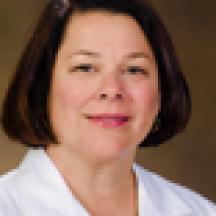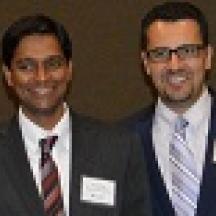News
09/04/2014
September is National Atrial Fibrillation Awareness Month.
07/29/2014
Study Shows Marked Increase in Survival Rates with Routing Change
07/29/2014
Drs. Desai and Doraiswamy join the University of Arizona Sarver Heart Center faculty; Professors Antin and Gregorio appointed to national organizations.
07/14/2014
More than 100 Tucson physicians with the University of Arizona Health Network are ranked among the 2014 Best Doctors in America and are featured in Tucson Lifestyle magazine’s July issue on Best Doctors in Tucson.
06/30/2014
The University of Arizona Sarver Heart Center celebrated the graduation of five fellows from the Cardiovascular Medicine Fellowship Program and two from the Interventional Cardiology Fellowship Program this June.
06/19/2014
Heart disease is the No. 1 killer of men, and the hearts of one of eight men over age 40 will at some point suddenly stop beating – an event known as sudden cardiac arrest. June is both National Men's Health Month and CPR and AED Awareness Month, making it a good time to revisit ways to prevent heart disease.
06/16/2014
PolyNova, a startup company that has grown out of an inter-institutional collaboration between the University of Arizona (UA) and Stony Brook University, announced it is developing a novel polymeric prosthetic heart valve.




